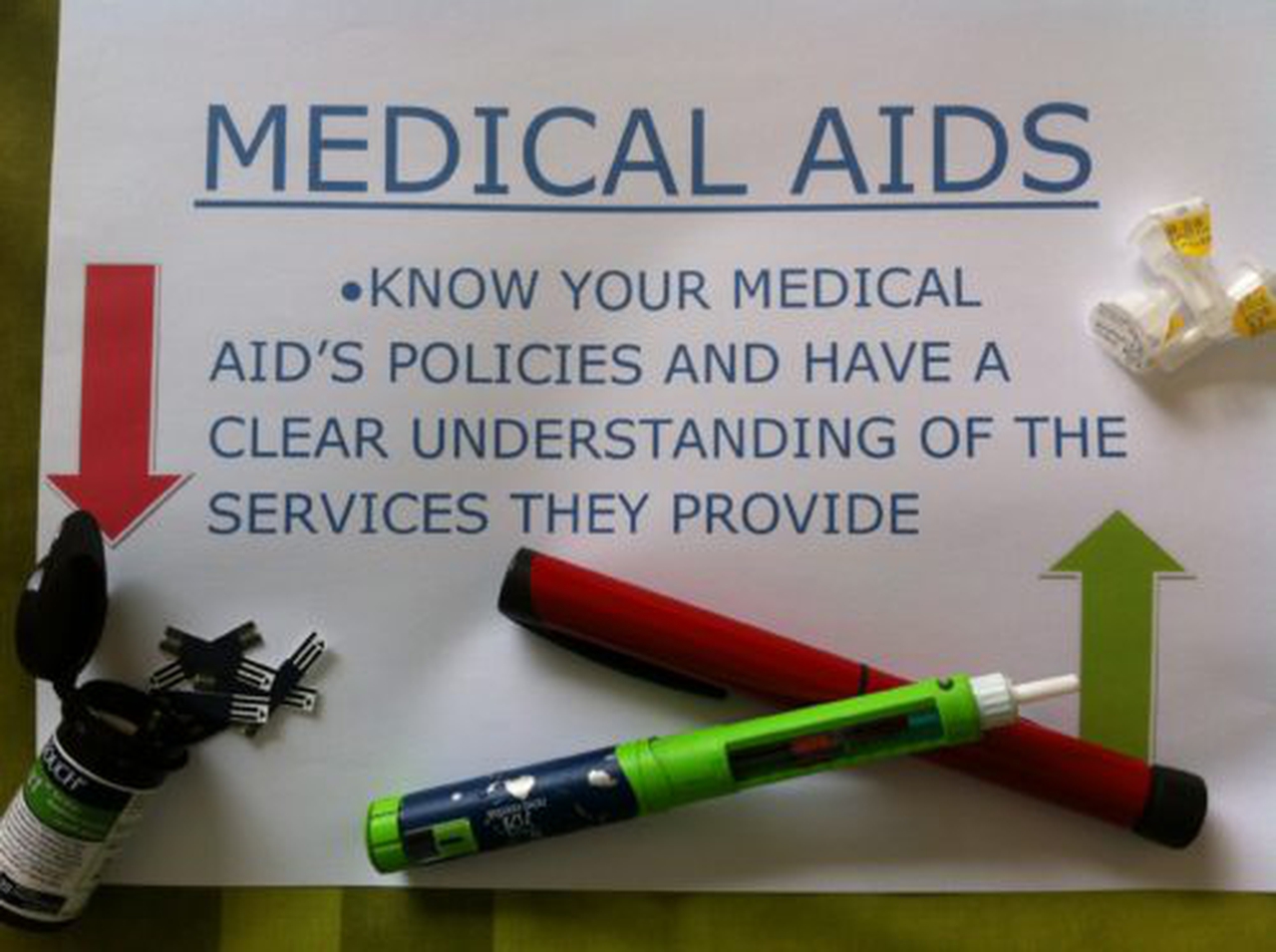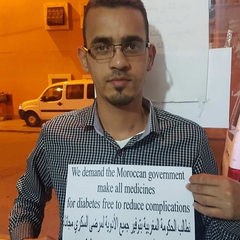
A Battle for Insulin in South Africa
13 Jul 2016, 5:16 p.m. in Global Stories by Estelle van der Hoven
After visiting the pharmacy for the first time this year for my diabetic supplies, I walked out thinking how fortunate I am to have medical aid covering my insulin and test strip while there are so many people worldwide who battle to afford their insulin, which is a necessity in the life of someone with type 1 diabetes.
I received a shock three days later when a statement from my medical aid arrived. It said that the cost for my insulin was deducted from my savings account. I phoned the medical aid and enquired the reason for this. I was informed that the insulin cartridge that I was using was no longer on their approved list to be covered by medical aid, but the flexpen insulin was on the formulary list. A formulary is a list of prescription medicines, both generic and brand name, for which the Scheme will pay. The purpose of the formulary is to steer you to the most cost-effective medicines that are sufficiently effective for treating your health condition.
I explained that I needed that specific insulin cartridge for better control of my sugar levels. I was then told that if I wanted to keep using the insulin cartridge I would need to write a request to the medical aid team. If the request was approved I would still be liable for a 35% co-payment. I could not understand why the insulin cartridge I used would be that much more expensive than the flexpen insulin. I decided to ask the pharmacy what the cost of each product was so that I could check the price difference between the insulin cartridge and flexpen insulin. I was shocked to see that the flexpen insulin (which was on the approved list) costmore than the insulin cartridge I wanted to use. So the cheaper option was not the approved list, but the more expensive one was. I could not understand why this would be the case.
I confronted the medical aid about this issue and received a reply that they ‘’don’t know the prices of the pharmacy products’’, and that I need to ask the pharmacy why the flexpen insulin was more expensive. I then asked medical aid to explain the criteria for something being on the approved list. If prices are not considered, what is? I waited for 7 days and received the following reply: “Please be advised that the diabetes formulary [list] has been revised and the insulin cartridge were added to the formulary. I have made the adjustment to your chronic authorisation.”
I was happy to receive a positive outcome to be able to access what I needed. My investigations made me realize how often we might just accept and not question our situation. We need to remember the medical aid society, and other insurance providers, is a business, and businesses are all about making money. Employees are unlikely to know the details or needs of our medical conditions, so we need to advocate for ourselves and take action when needed.
My experience has taught me that we should all make sure we know what we are paying for, understand the policies of the company providing the service, check bill and statements, and don’t just accept what we are told. If you are in the fortunate position to dig a little deeper, do so because you never know what you can find and the difference it can make. Not everyone is in a position investigate or advocate, so if you have the voice to do so, speak up! Take action to fight for access and affordability for yourself and for others who face the same challenges as you.
Estelle is a 34 year old South African. She was diagnosed at the age of 14 in 1995 and has been very blessed to live with diabetes for 20 years with no complications. In 2015 she decided that she wanted to ‘pay it forward’ and create more awareness of type 1 diabetes because of ongoing misconceptions, a lack of understanding of diabetes, and a lack of access for many people worldwide.





